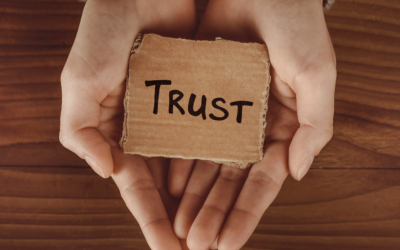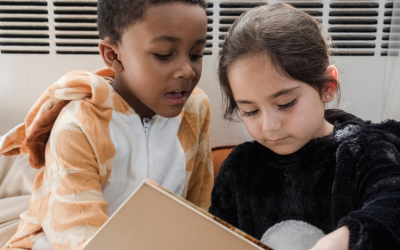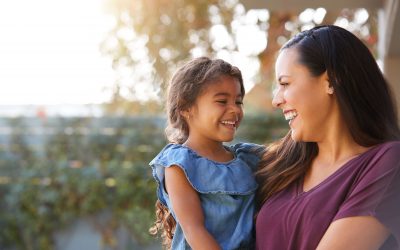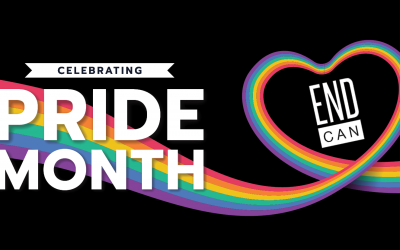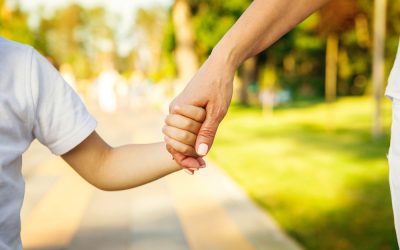Learn More
Our blog
7 Ways To Support a Loved One Who Experienced Childhood Abuse
Childhood abuse can have long-lasting and harmful effects on a person’s mental and emotional health. Supporting a friend or loved one who experienced abuse as a child can be a critical part of their recovery.
Learning to Trust Again after Abuse
Child abuse can have a profound and lasting impact on a person’s life, affecting their mental and emotional well-being. Adult survivors of child abuse often struggle to trust others, including family members, friends, and romantic partners, making it difficult to form healthy relationships and lead a fulfilling life. Support and guidance can make it possible to learn to trust again
Blog Competition- Enter to Win!
Calling all writers, aspiring artists, and industry professionals!
Submit an original 500–600-word blog piece for a chance to be published on our website.
Teaching your Children about Money
Teaching your children about money and abuse can help prevent them from being taken advantage of at any stage of their lives.
The Link Between Child Abuse and Substance Abuse
All forms of child abuse — physical, sexual, emotional, and neglect — can have severe and long-lasting consequences for individuals throughout their lives. For many adult survivors of child abuse,...
3 Ways to Teach Kids Self-Care
“Self-care” is a term that gets thrown around a lot, and many even consider it’s a luxury. The truth is, self-care is actually a broad term that encapsulates many essential practices for maintaining good mental health and overall wellness.
Lori Poland’s Memoir release
Of the multiple parenting techniques and philosophies that have evolved — authoritative, attachment, helicopter, neglectful, and permissive — positive parenting is celebrated as a proven way to reduce child abuse. In addition, a growing body of evidence suggests that building the skills necessary for positive parenting helps protect children from violence within the family system.
Connection Before Correction
Connection Before Correction is positive discipline that focuses on the power of love over lecturing. Children need to feel like they matter and that their voice is heard. Prioritize the relationship before the redirection.
Encouraging Open Communication with Your Children
Sometimes young children may not know how to properly express their emotions or communicate them to you. For younger children, more complex emotions such as frustration, anxiety, or sadness– may be harder for them to understand.
5 Ways to Support LGBTQ+ Youth
This June, we are commemorating the 53rd year of Pride Month by sharing five ways you can support LGBTQ+ youth. Research shows that LGBTQ+ youth are overrepresented in child welfare systems and continue to experience high levels of discrimination, abuse, and mental health challenges compared to cisgender youth. Whether you are a parent, sibling, teacher, or friend, we hope you take action to ensure all LGBTQ+ youth feel safe, included, and empowered.
Complex PTSD and Childhood Trauma
Complex post-traumatic stress disorder, or C-PTSD, is a type of post-traumatic stress disorder (PTSD) caused by chronic, long-lasting, or repeated traumatic events. For example, child abuse or childhood trauma — physical abuse, emotional abuse, sexual abuse, and neglect — often develops into C-PTSD. Continue reading to learn more about C-PTSD and childhood trauma.
Positive Parenting: A Proven Strategy To Reduce Child Abuse
Of the multiple parenting techniques and philosophies that have evolved — authoritative, attachment, helicopter, neglectful, and permissive — positive parenting is celebrated as a proven way to reduce child abuse. In addition, a growing body of evidence suggests that building the skills necessary for positive parenting helps protect children from violence within the family system.


